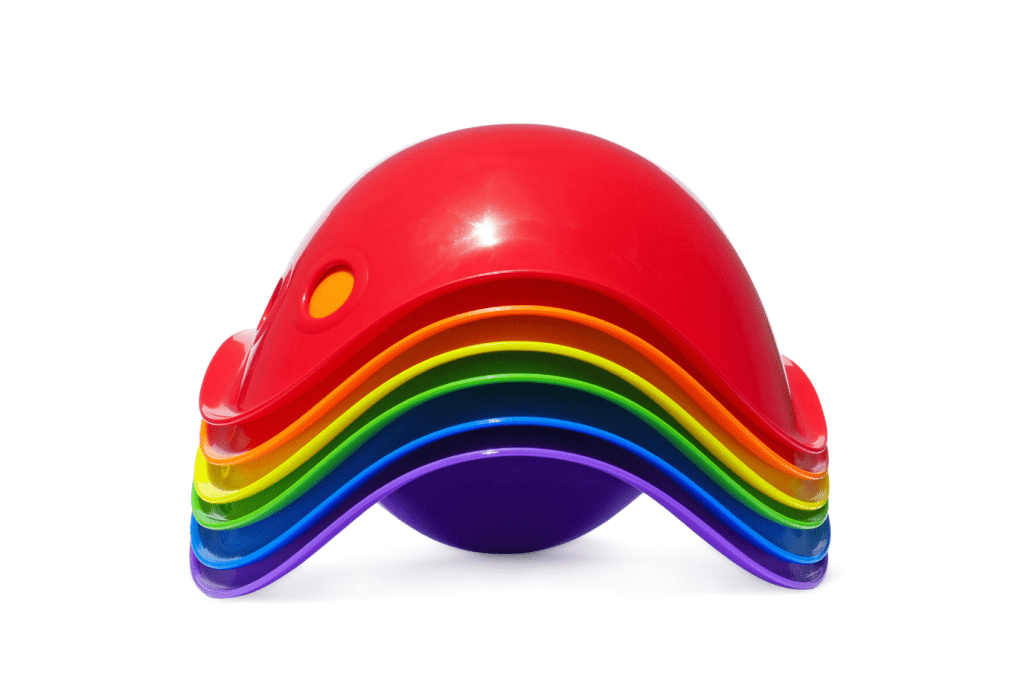Menu
-
- Valentine's Gifts
- Lunar New Year Gifts
-
Shop Gifts By Age
- Gifts For a 0-6 Month Old
- Gifts For A 6-12 Month Old
- Gifts For A One Year Old
- Gifts For A Two Year Old
- Gifts For A Three Year Old
- Gifts For A Four Year Old
- Gifts For A Five Year Old
- Gifts For A Six Year Old
- Gifts For A Seven Year Old
- Gifts For An Eight Year Old
- Gifts For A Nine Year Old
- Gifts For A Ten Year Old
-
Shop Gifts By Budget
- New Arrivals
-
Toys
- Large Active Toys
- Animal Toys
- Arts & Crafts
- Award-Winning Toys
- Bath Toys
- Birthday Wishlists
- Building Toys
- Cars, Trains, & Trucks
- Games
- Instruments
- Loose Parts Play
- Loot Bag Toys
- Made in Canada
- Outdoor Toys
- Pretend Play
- Puzzles
- Sensory And Fidget Toys
- Sensory Bin Tools & Fillers
- STEM Toys & Activities
- Toronto-Themed Gifts
- Travel Toys
- Wooden Toys
- Waiting Room Toys & Furniture
-
Montessori Materials
- Montessori At-Home Program
-
Montessori Furniture
-
Bundles & Sales
-
Books
-
Shop By Age
-
Shop By Brand
- Brands A-F
- Brands G-L
-
Brands M-R
- MagicPlaybook
- Magna Tiles
- Make Believe Ideas
- Makedo
- Manhattan Toys
- Math for Love
- Milaniwood
- MindWare
- Mojo Toys
- Moluk
- Moulin Roty
- Native Northwest
- nic
- Nienhuis
- Ooly
- Opinel
- Ostheimer
- Papoose
- Peaceable Kingdom
- Plan Toys
- Plus-Plus
- Preschool Collection Watches and Timers
- Ravensburger Puzzles
- Real Life Pages
- Brands S-Z
-
- 866-901-4696
- Gift Registry
- Login

What If We Didn't Force our Kids to Wear Mittens? Using Natural Consequences Instead of Fighting Our Children Into Their Outwear.
2 min read

I don't know about you, but for me, one of THE BEST THINGS about summer is how easy it is to get my children ready to go outside.
Grab some hats and shoes and we're out the door in under 10 minutes.
Although we don't have snow in Toronto yet, I'm already mentally preparing myself for all the extra prep needed to go anywhere 🥴
Aside from all the extra layers, one of the challenges that many families face at the front door is the power struggle over wearing outwear - jackets, mittens, hats, etc.
This is so common, especially once children enter the period Montessori refers to as the “crisis of opposition”, beginning around 18 months.
During this stage, autonomy starts to become VERY important to a child.
The Solution: Natural Consequences
In these types of situations, it can be helpful to use ‘natural consequences’ to gain your child's co-operation.
Natural consequences means that we give them freedom (within limits) to learn what happens when they don't wear a hat or gloves. In this case, we give them the chance to learn how uncomfortable it feels to have cold hands.
With young children, warning them of what might happen doesn’t usually work. They hear you but they learn best through experience.
Are you serious? I don't want my child to get frostbite!
Natural consequences doesn't mean we let our children wear a wet bathing suit outside in the winter.
There are still limits, especially when it's colder.
For example, if a child doesn’t want to wear their mittens, that’s okay. We can set a limit requiring them to bring their mittens and remind them to put them on when they feel cold. In almost all cases, when it really is that cold, the child will ask to put on their mittens.
I often do a few gentle check-ins while we're out too - "How are your hands feeling? I can help you put your mittens on if you like."
If you live somewhere with temperatures below zero and it’s a matter of safety, you can absolutely set a limit that they MUST wear all of their outerwear.
In this case, the consequence of not wearing their outerwear is that you don’t go outside.
BONUS - Natural Consequences Also Help Teach Body Autonomy
Another benefit to approaching outwear in this way is that it gives your child bodily autonomy and they learn to recognize and listen to what their body is telling them.
In the winter months children are often still very active. Depending on how cold it is and how many layers they have on, they might actually be warm, even if you're cold.
One Last Consideration
Check in with your child to see if there's an issue with the outerwear?
If your child is reluctant to wear something, it could be because it’s too small, too big, itchy, etc. Try to figure out why they may not want to wear it.
For instance, a snowsuit that’s too big, can be difficult to move and play in.
Big ski gloves often don’t allow them to have full use of their hands and in early childhood, exploring with their hands is so important to them.
Having some empathy and helping to solve their frustrations goes a long way in building a trusting and respectful relationship.
Join Our Montessori Community
Sign up to get weekly activities, free printables, Montessori parenting guidance, and so much more.
Plus, get $10 off your first order of $100+.
Like this article? Get new articles, weekly activities, free printables, Montessori parenting guidance, and so much more.
One mom recently shared:
"Your newsletter is always SO great. It is one of the few I open and read weekly. You provide so much value. Thank you!"



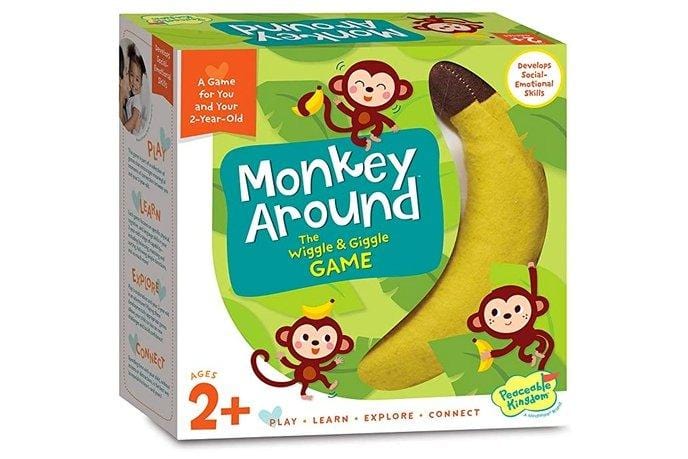
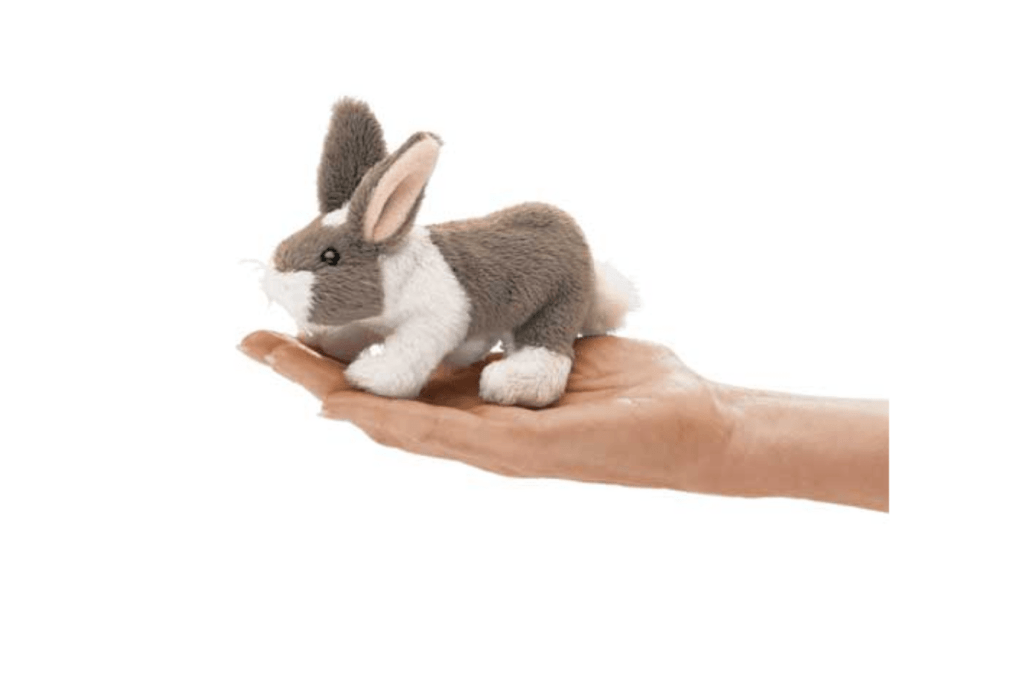
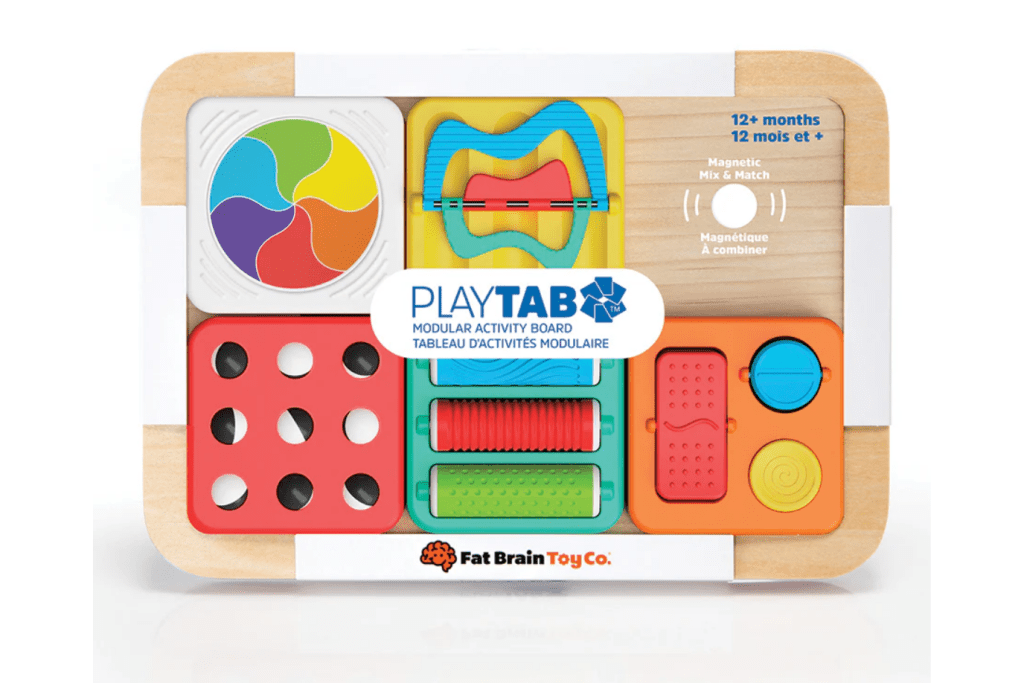
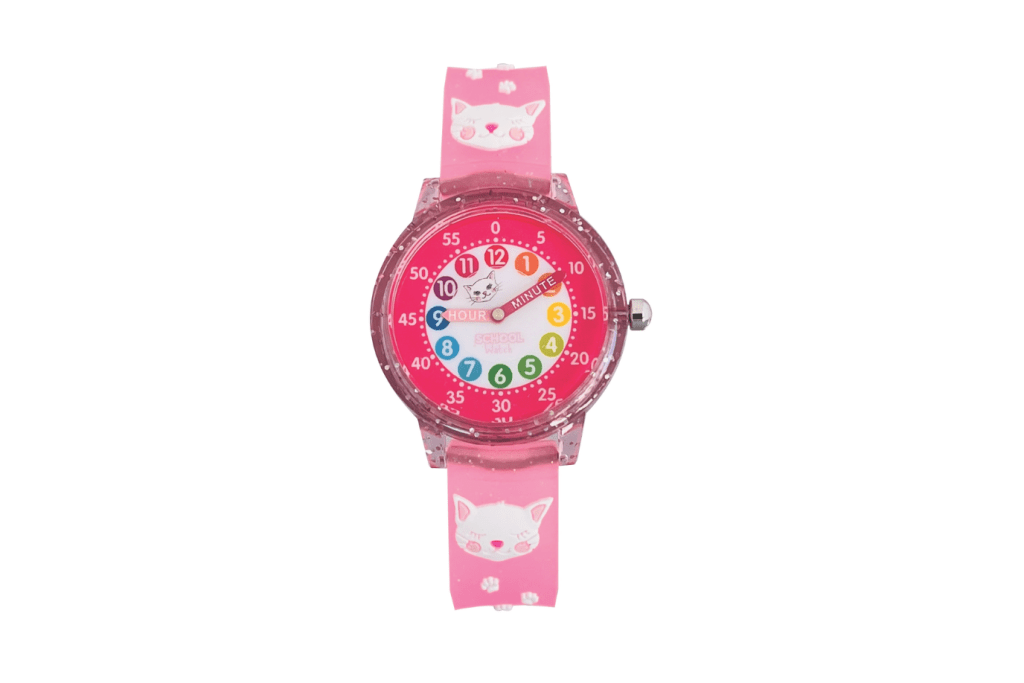
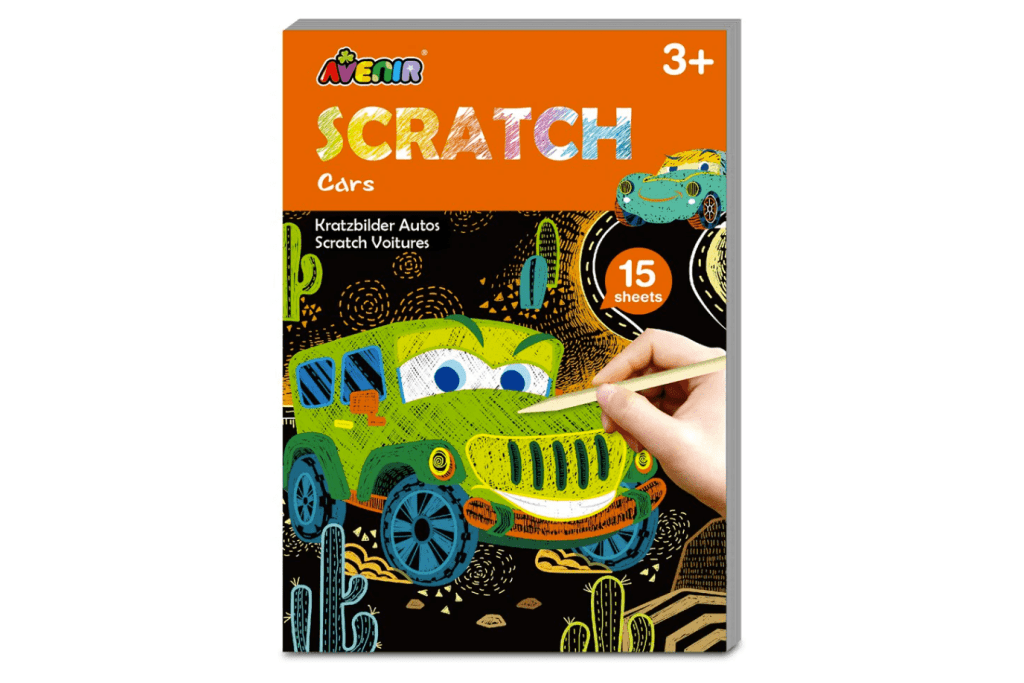

![Kidamento Kidamento Children's Cameras [3 Models]](http://themontessoriroom.com/cdn/shop/products/kidamento-childrens-cameras-3-models-661353_1600x.png?v=1699075281)
